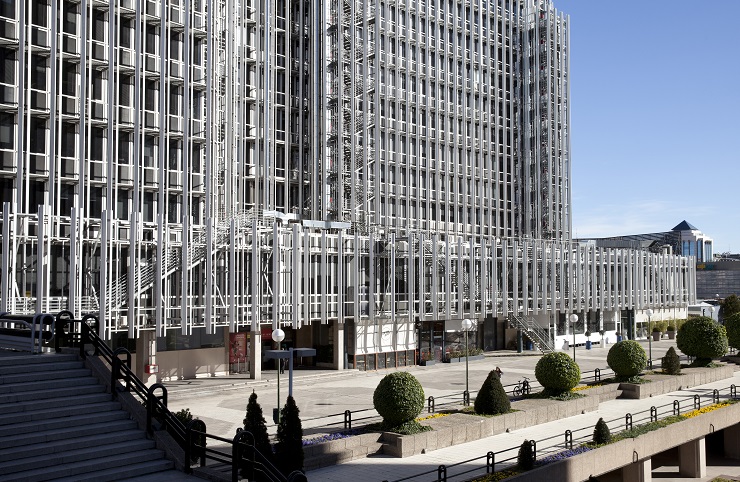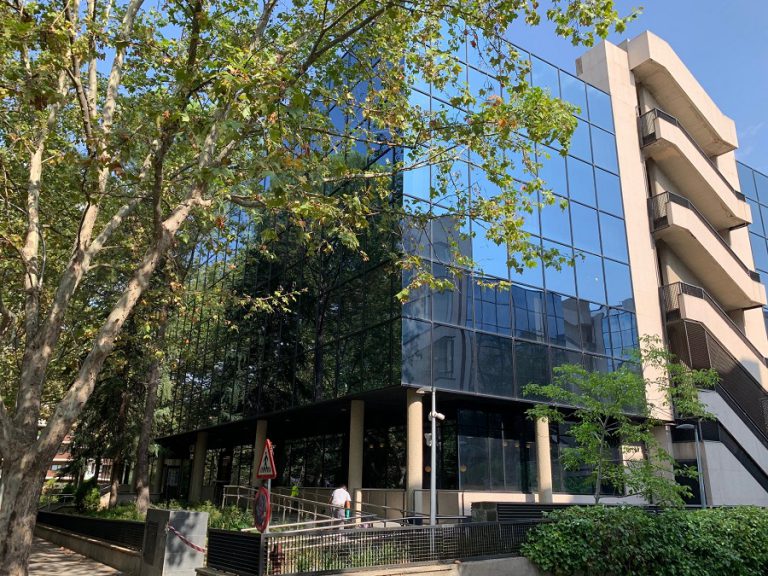Sareb to appraise 250,000 assets this year to meet new accounting framework requirements
Sareb will individually appraise some 250,000 properties by the end of the year in order to meet the requirements of the new accounting framework approved by the Bank of Spain. Framework regulations were published today in Spain’s Official State Gazette (“BOE”).
Entry into force of the accounting circular, which prescribes that Sareb’s assets be appraised individually at market prices, will generate new impairment provision needs. This accounting impact, however, will not substantially alter the income flows envisaged under the company’s annually reviewed business plan. It is worth recalling that Sareb has already effected write-offs totalling 978 million euros charged to its profit and loss accounts.
During its last monthly meeting, Sareb’s Board of Directors analysed the foreseeable repercussion of the new accounting framework designed by the Bank of Spain for the company. Along these lines, Sareb’s highest governing body has demonstrated its willingness to take the necessary steps to address new provision needs, including the conversion of a portion of subordinate debt into capital.
“Sareb has 3,600 million euros in subordinated debt. This figure is more than sufficient to tackle any new write-off needs that may arise without having to resort to new contributions from shareholders,” stated the company’s executive chairman, Jaime Echegoyen.
The accounting norm defined for Sareb specifies the obligation to individually appraise the company’s properties and loans at market prices. This differs from the criterion applied at the time of transfer, which established average discounts according to asset type.
The new method for appraising assets sets out the use of ECO valuations and automated valuation models (AVM). It also allows for compensation of capital losses with capital gains within each asset category, one of the singularities of Sareb’s accounting framework.
Half of the portfolio, in terms of book value, is to be appraised having applied the new criteria as of year-end 2015, and the remainder in 2016. Sareb has already moved forward with the process and will therefore be able to fulfil the new requirements in time. This means the appraisal by the end of the year of around 250,000 of its own properties or properties collaterals by the loans transferred to the company.
Applying this methodology, Sareb will have to periodically assess a total of more than 100,000 properties assets, 400,000 properties collaterals and approximately 70,000 loans the company received at the time of transfer. This exercise will involve a significant part of the valuation sector and will entail a cost of around 25 million euros until 2017.
Underscoring the Board’s support of Sareb’s strategy, Jaime Echegoyen expressed the following: “Despite the impact and volatility which the new circular brings to the assessment of Sareb’s balance sheet, the norm also establishes a scenario of greater regulatory certainty with respect to the disinvestment mandate we must carry out in the long term”.



